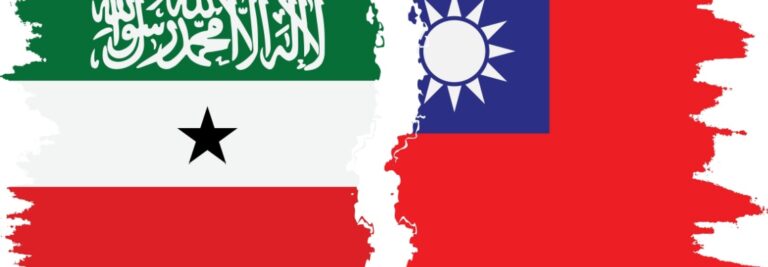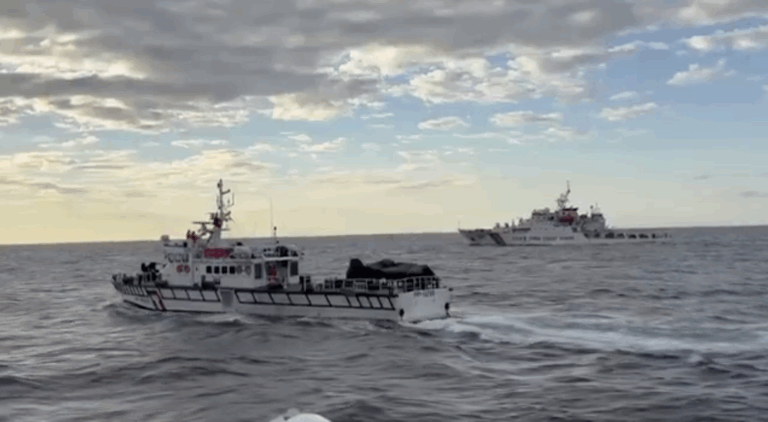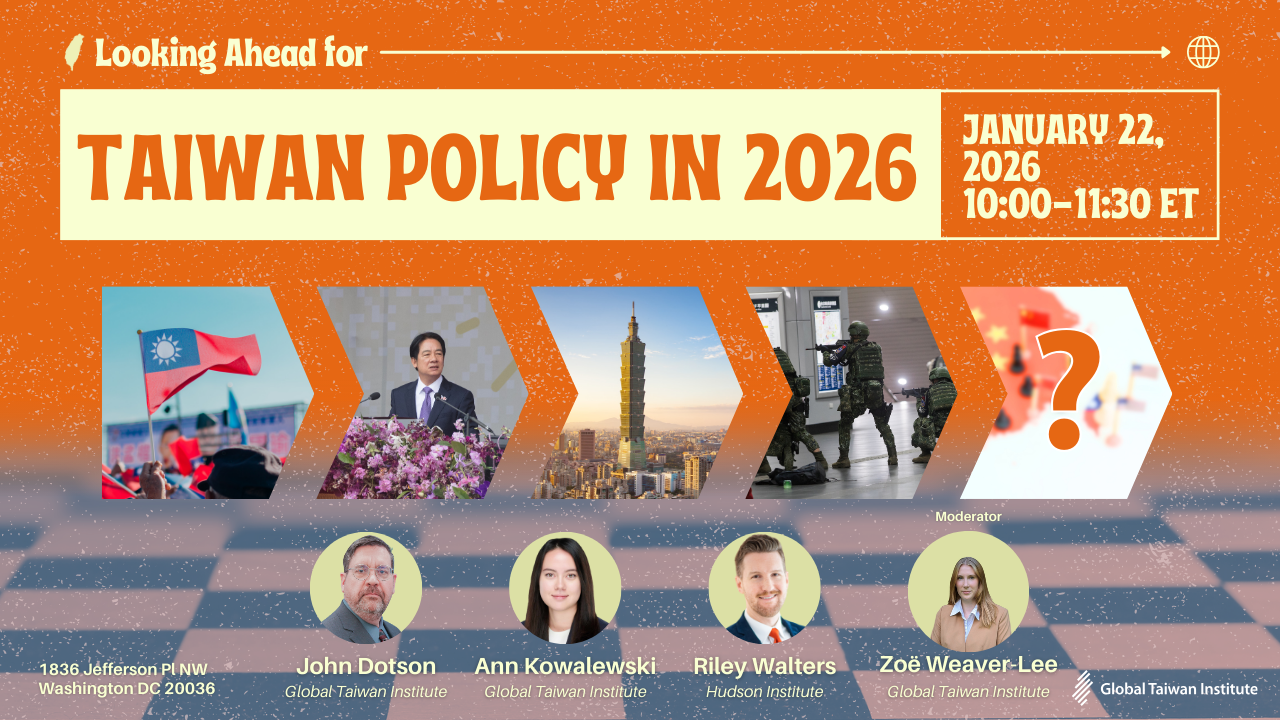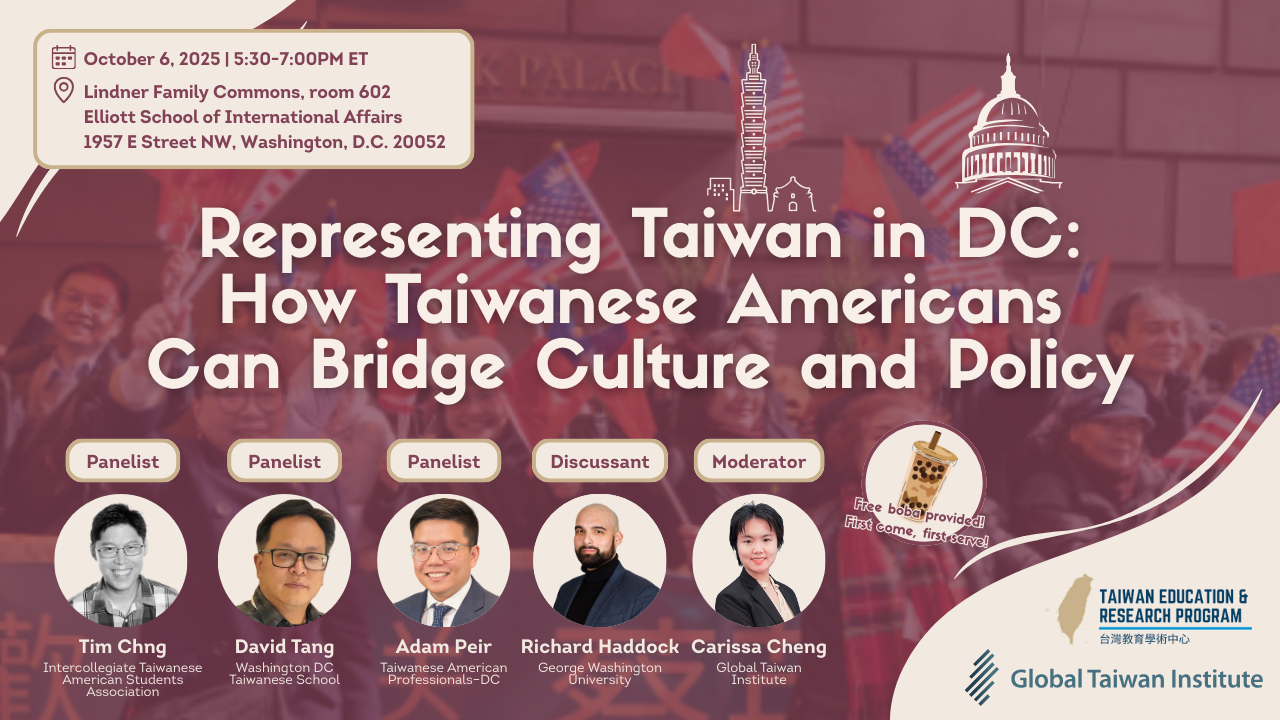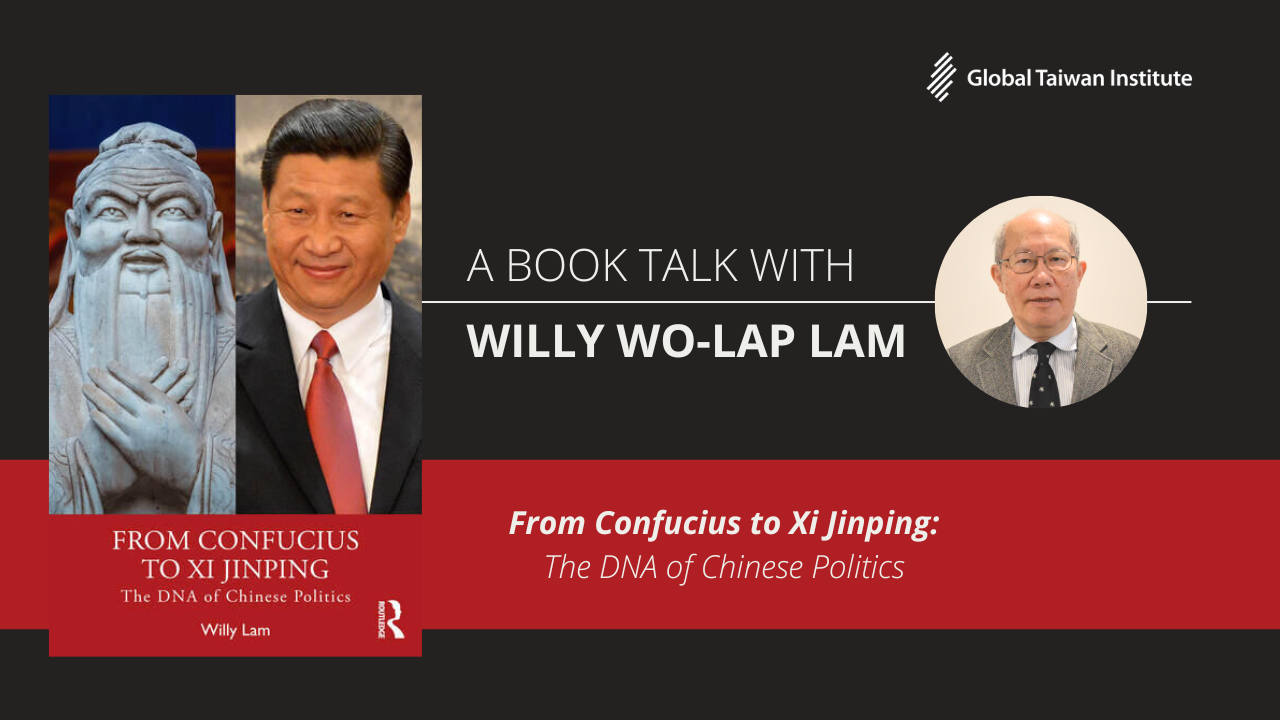By:
Eric Chan
Ian Murphy
The 100 mile-wide Taiwan Strait has long served as the ultimate guarantor of Taiwan’s security. For decades, the sheer geographic challenge of crossing that barrier has reinforced a sense of strategic insulation. However, the convergence of evolving hybrid warfare tactics and advances in unmanned aerial vehicle (UAV) technology is rapidly changing the security environment. Taiwan’s experience with small civilian drone incursions over the island of Kinmen is no longer a localized issue. Instead, it is a preview of an all-island security challenge, as Beijing learns lessons from Moscow’s war against Ukraine.
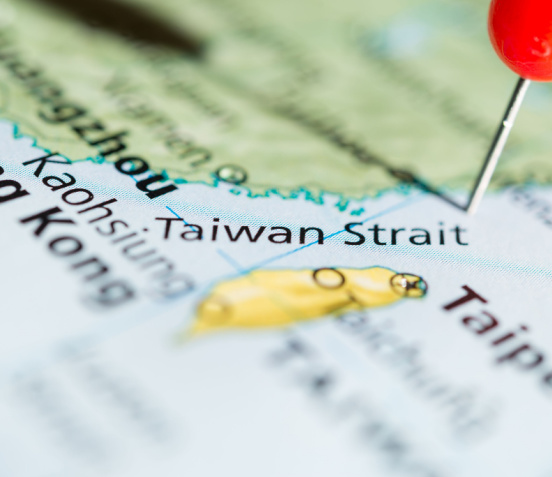
By:
Ahmed Mahdi Hussein
In recent years, de facto states have become increasingly active in international diplomacy, challenging the traditional state-centric framework that once restricted meaningful global engagement to fully-recognized sovereign states. The unofficial diplomatic ties between Somaliland and Taiwan demonstrate this shift toward non-traditional diplomacy, as both states occupy unique positions in the international system as self-determining democracies without official universal recognition.
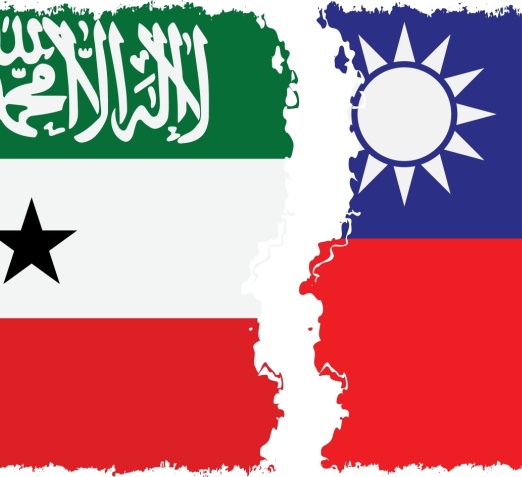
By:
Ann E. Kowalewski
In November 2025, Taiwan’s foreign minister commented that the island aims to deepen cooperation with Israel. Both Israel and Taiwan have called for Taipei to learn from the Middle Eastern country’s security apparatus, particularly regarding the ways in which Israel’s large reserve force and intense military training have protected the small democracy in a threatening security landscape. As Israel reckons with the tragic events of October 7th and assesses how it failed to predict and deter Hamas’ deadly attacks, Taiwan can draw from the lessons learned. Hopefully, knowledge from Israel’s failure can galvanize Taiwanese society into action and paint a more realistic early warning picture of the threat Taiwan faces from the People’s Republic of China (PRC).

LATEST RESEARCH AND ANALYSIS
By:
Mohammed Afsal K H
Public Seminars
Events focused on topics relating to Taiwan, Taiwan-US relations, cross-Strait relations, and Taiwan’s global policy. Seminars are free and open to the public.
View All Articles
PODCASTS
Our podcast consists of brief, timely interviews with a wide range of policy experts, including academics, government officials, and journalists

Global Taiwan Insights
Global Taiwan Insights (formerly GTI Insights) consists of brief, timely interviews with a wide range of policy experts, including academics, government officials, and journalists.

TAIWAN SALON
Taiwan Salon examines Taiwan’s cultural policy and approach to soft power from perspectives both inside and outside the government.
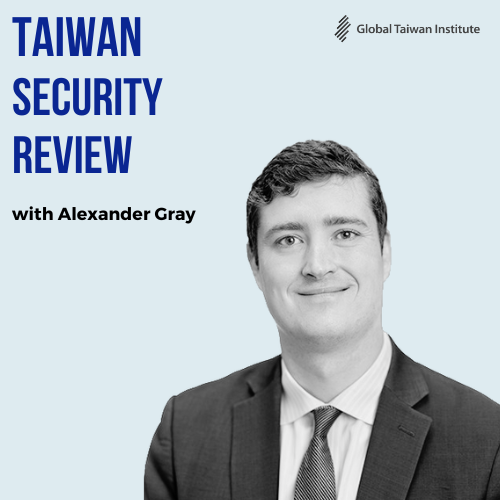
TAIWAN SECURITY REVIEW
Taiwan Security Review is a policy podcast produced by the staff of GTI. Hosted by GTI Senior Non-Resident Fellow Alex Gray


